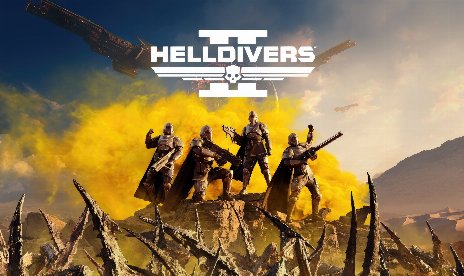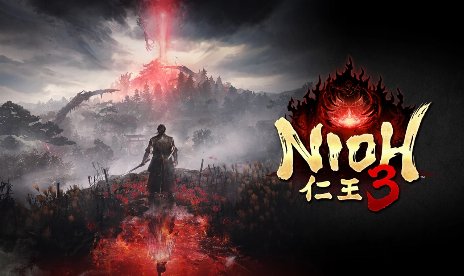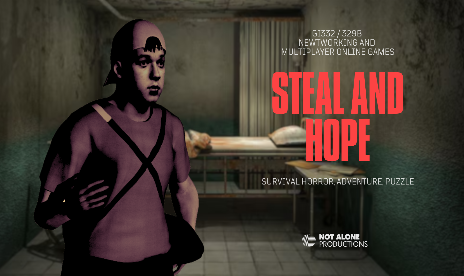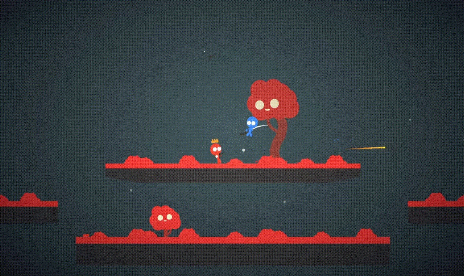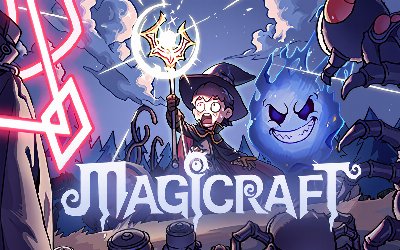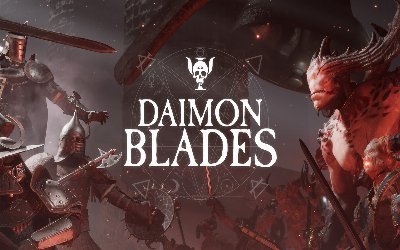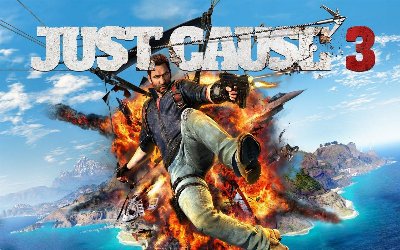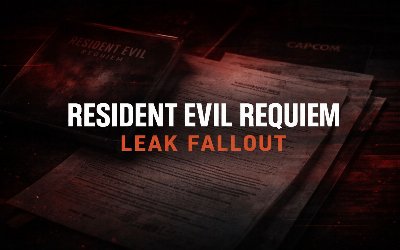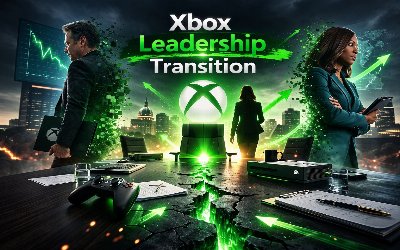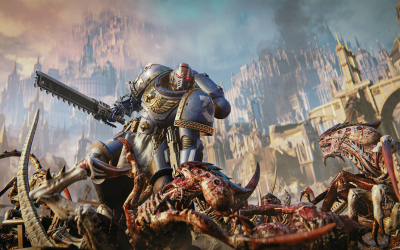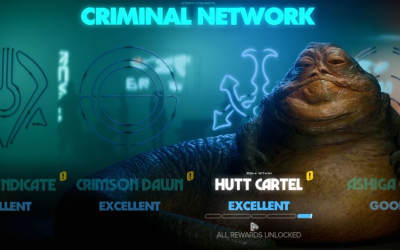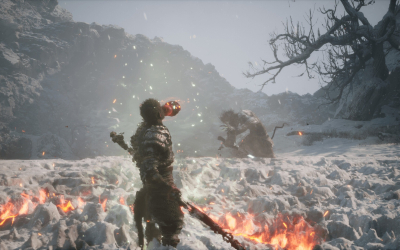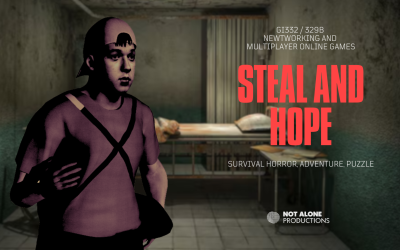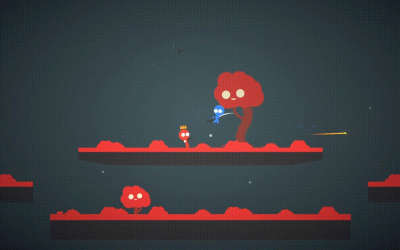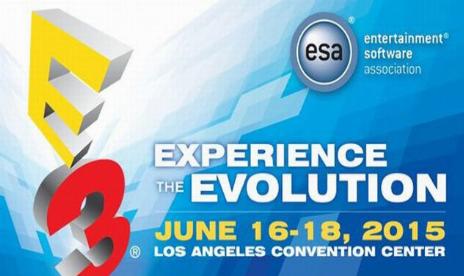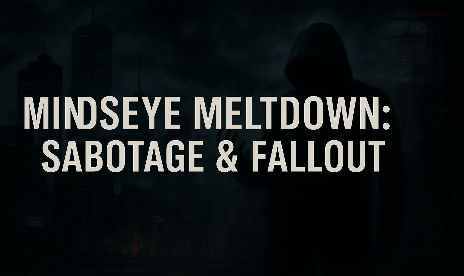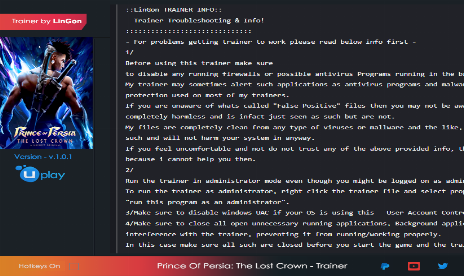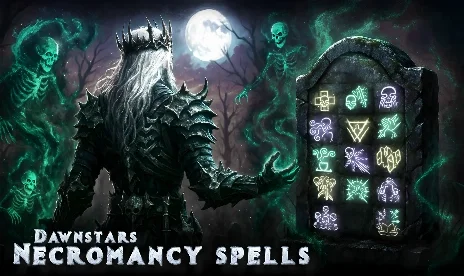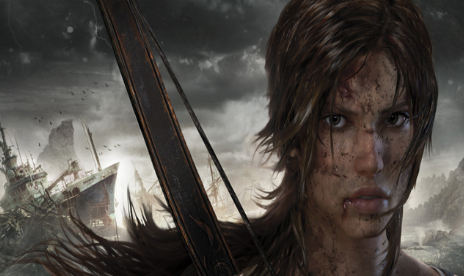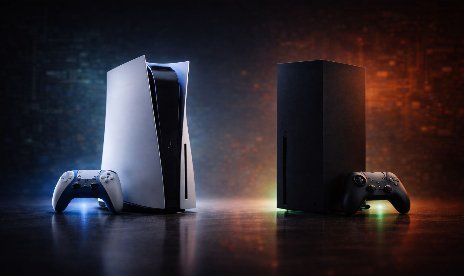MegaGames memorial: Paul Allen
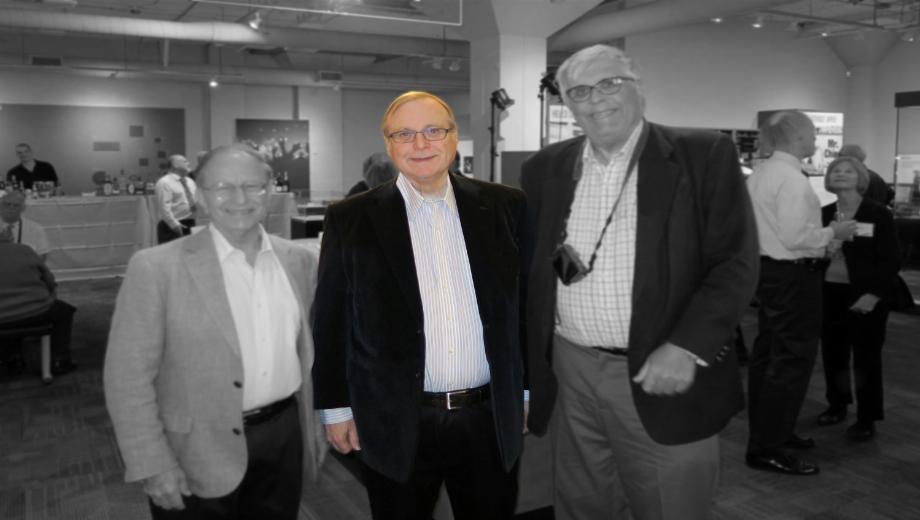
We don’t often address the personal lives of people within the gaming and technology industries, but when someone who’s had as much impact on the face of the modern PC ecosystem passes away, we feel it’s our duty to give them the respect they deserve. Paul Allen is such a figure.
Along with Bill Gates, Allen founded Microsoft in 1975 and helped create the environment that would lead to the computing revolution in the latter decades of the 20th century. That lead to him becoming one of the richest men in the world. When he died on October 15, 2018, he was worth an estimated $20 billion. Like his fellow Microsoft co-founder, Allen donated billions of his fortune throughout his life.
But he wasn’t defined by his wealth. Allen’s impact on all of our lives as such an important figure in crafting the modern PC market did much more.
Microsoft
Gates and Allen were high school friends, though they ended up at different universities. Due to an interest in maintaining their work together, Allen dropped out of Washington State and began working as a programmer in Boston, near Harvard University, where Gates was at the time. Allen would go on to encourage Gates to drop out too and together, in 1975, the pair founded Microsoft — a name Allen purportedly came up with — to help market a BASIC programming language interpreter they had created.
In 1980, when the pair received a major contract to provide an operating system for the first IBM PC, it was Allen who purchased QDOS from fellow programmer, Tim Paterson. That would eventually become the DOS operating system which formed the foundation of early Windows efforts and Microsoft’s success as a company.
It was only two years later however, at the age of 29, that Allen would have his first brush with the disease that would eventually kill him: cancer. He left Microsoft after being diagnosed with Hodgkin’s lymphoma and the company was split between him and Gates, in a 40:60 ratio, owing to what Gates felt was an imbalanced workload between the two.
Allen would remain on the board of directors at Microsoft until 2000, when he officially resigned, though would remain as a senior strategy advisor until his death. He still held more than 100 million shares of Microsoft in 2014.
Other endeavors
After leaving Microsoft Allen ventured into a number of different business endeavors. He founded Vulan Inc. to manage his investments and they stretched far and wide. Over the decades he founded and invested in companies that would pioneer new technologies in media, technology, scientific research, private spaceflight, and software applications.
He invested $243 million in Ticketmaster in 1993. That investment doubled in value in the next four years. He ended up owning 43 individual patents himself, and his ventures secured some 300 patents, some of which would later be used to sue ventures like Netflix, AOL, Apple, eBay, and Facebook, for he felt was infringement of these technologies.
Allen was also the owner of the Seattle Seahawks, the Portland Trailer BGlades, and a co-owner of the Seattle Sounders FC.
Over the years, Allen gave hundreds of millions of dollars to causes like Ebola, museums of pop culture and national heritage, research endeavors conducted by the Royal Navy, shipwreck exploration, and environmental conservation.
Death
Despite his original cancer diagnosis going into remission during his early ’30s, Allen was again diagnosed with cancer in 2009. That time it was non-Hodgkins lymphoma. With radiotherapy, he would go on to beat it once again, until it returned in October 2018. That time it was too late to be effectively treated, and he died shortly after the diagnosis on October 15 at the age of 65.
Gates’ eulogy
Since Allen’s Death, Bill Gates has published a memoir of his friend and colleague, stating in Time Magazine that: “Paul loved sailing, science, sports, making music and exploring the world. His generosity was as wide-ranging as his curiosity–he was passionate about ending elephant poaching, building smart cities and accelerating brain research.”
He went on to list many of Allen’s accomplishments and philanthropic efforts before concluding:
“The world will remember Paul as a technologist and philanthropist whose passion touched millions of lives. But when I remember him, it will also be as a man who held his family and friends dear. I will miss him.”
Image source: Cromemco/Wikimedia


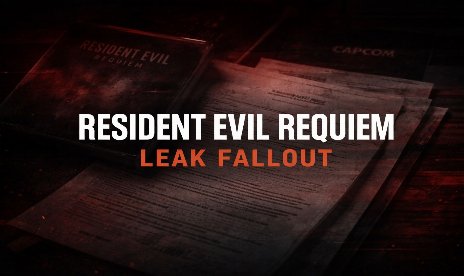
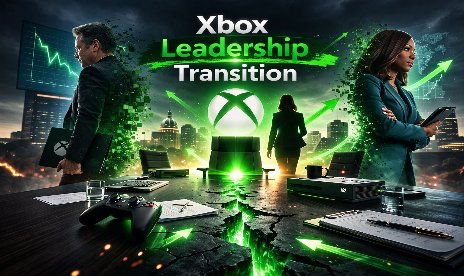
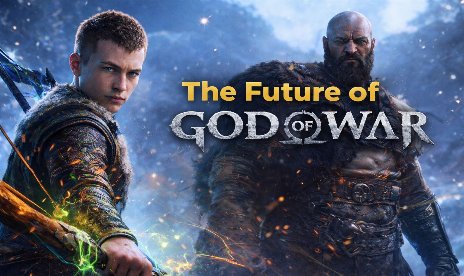
![Magicraft v1.2.15-v1.2.19+ (+13 Trainer) [FLiNG]](https://9588947a.delivery.rocketcdn.me/wp-content/uploads/2026/02/Magicraft-02-464x276.jpeg)
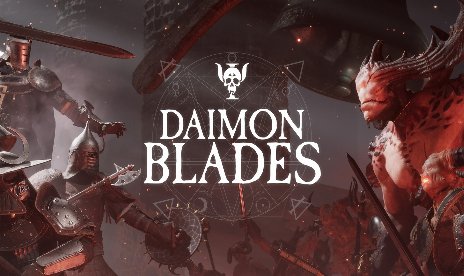
![Just Cause 3 v13012026 (+13 Trainer) [iNvIcTUs oRCuS]](https://9588947a.delivery.rocketcdn.me/wp-content/uploads/2026/01/Just-Cause-3-01-464x276.jpg)
